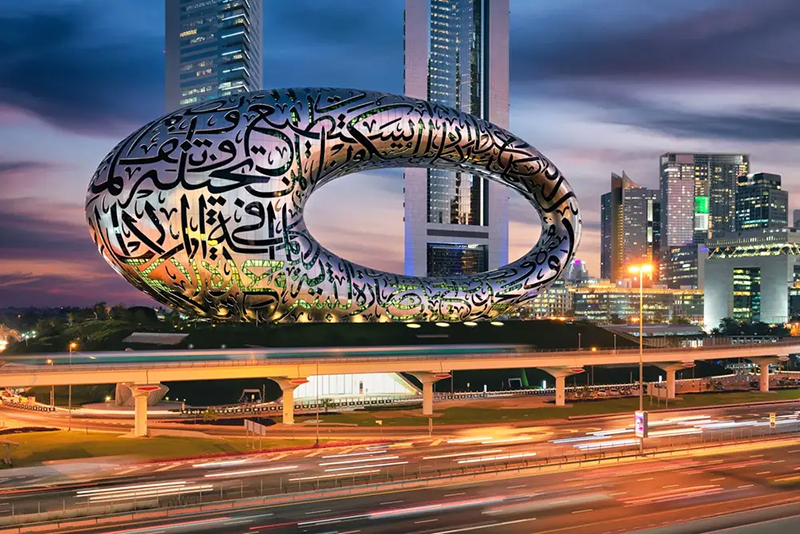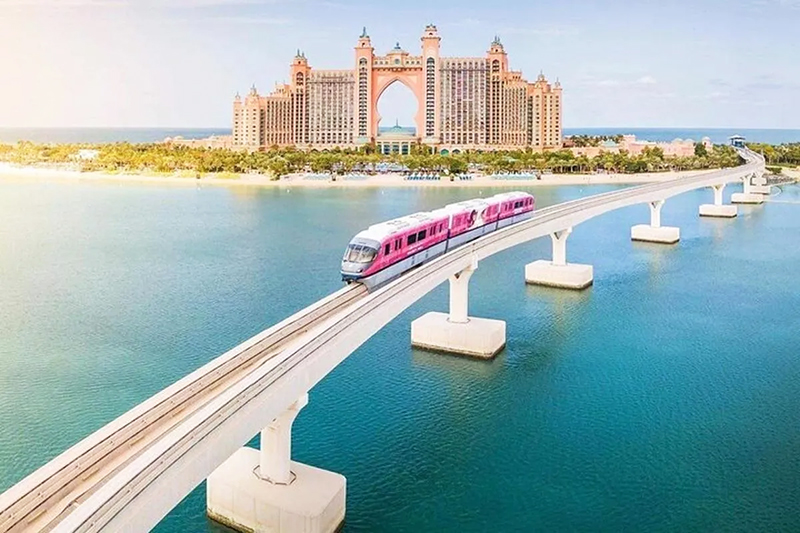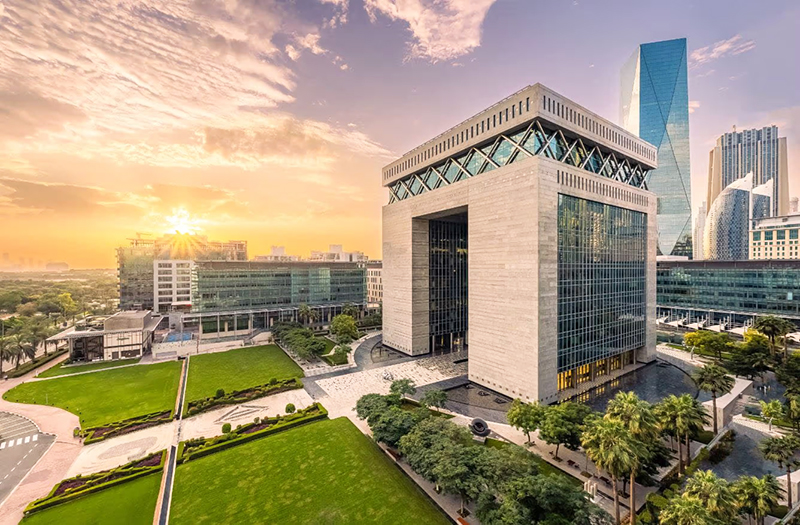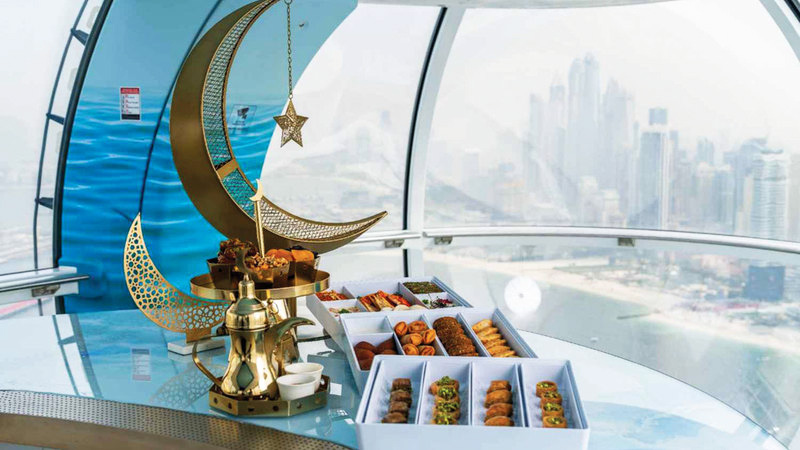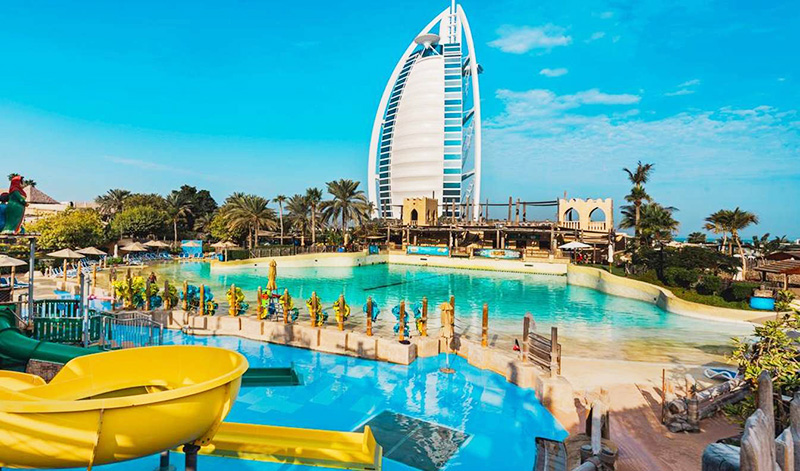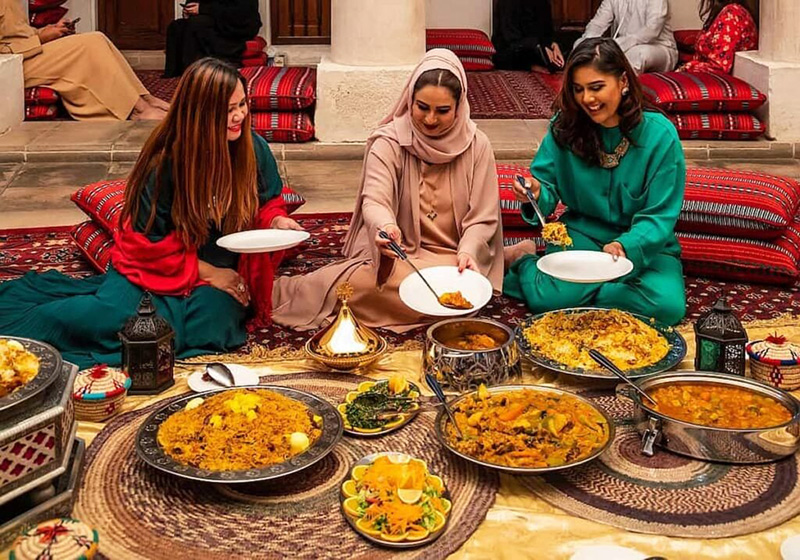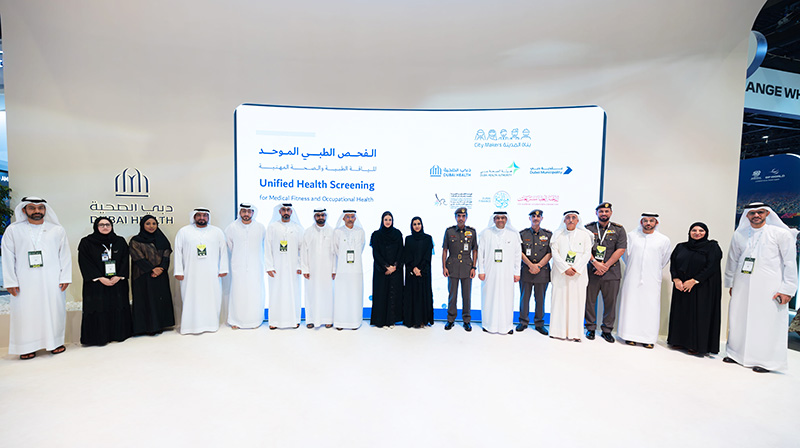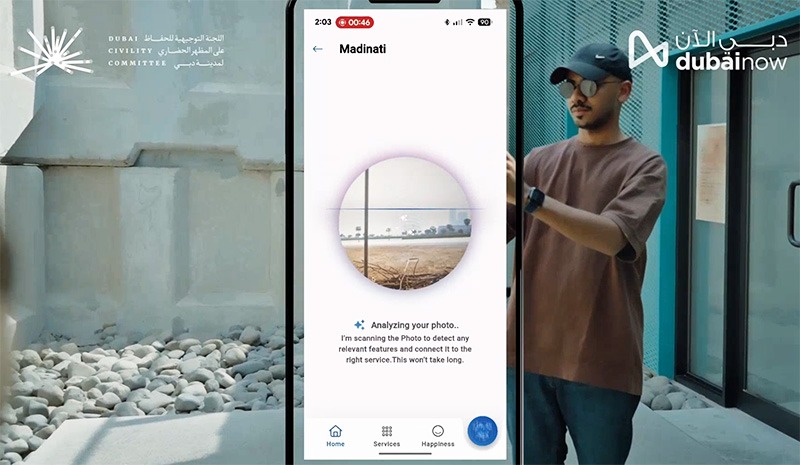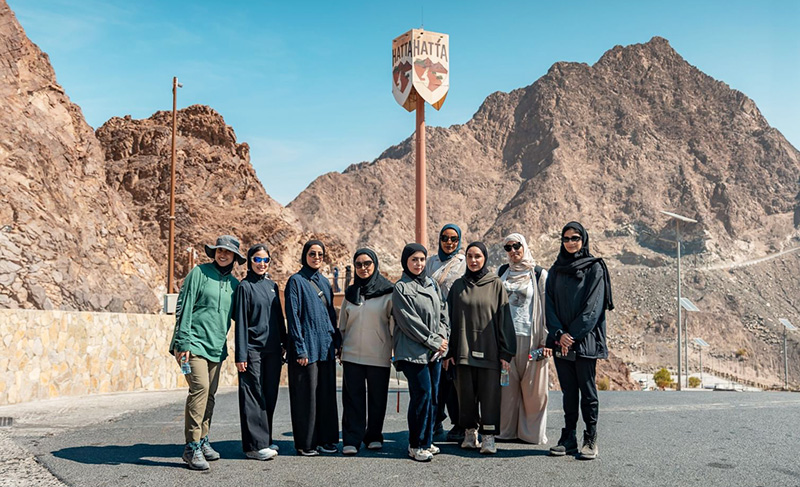
“Ideas are the one resource we never exhaust,” Nobel laureate Paul Romer has noted, insisting that societies prosper when they turn knowledge into a self‑reinforcing asset. Dubai has embraced that logic decisively. Alongside the industrial parks and logistics corridors that power its trade economy, the emirate has also erected an intellectual marketplace: Dubai International Academic City (DIAC), a campus‑city designed to transform learning into growth. a free zone metropolis of universities designed to transform scholarship into economic power. Here, classrooms merge with startup studios, student residences border multidisciplinary labs, and degree programmes track labour market demand as closely as equities track earnings.
DIAC’s founding premise is at once simple and radical: if ideas compound without depletion, a nation that convenes the generators of those ideas faculty, researchers, entrepreneurs, can leapfrog resource constraints and seed a diversified economy. By clustering more than two dozen foreign and domestic universities under one regulatory roof, Dubai translates Romer’s growth theory into syllabi, research networks, and cloud linked learning environments, banking on the spill overs of talent and innovation to propel its next phase of development.

An Ambitious Vision Takes Shape
The genesis of Academic City dates back to the early 2000s, when Dubai began reimagining its economic model. The emirate tested the waters with Dubai Knowledge Village, an initial cluster for training and education launched in 2003, and found success in nurturing local expertise. Buoyed by that success, the government set its sights higher. In April 2007, officials announced the creation of Dubai International Academic City, a sprawling higher education free zone designed to co locate foreign university branches and local colleges in one integrated hub. The goal was to achieve a structural integration between education, research, and enterprise, in essence, to weave a knowledge economy into the fabric of the city.
Multiple government entities collaborated to bring this vision to life. The project was launched under Dubai’s Department of Economic Development in partnership with Dubai Knowledge Village and TECOM Group. A new regulatory framework was put in place through the Dubai Development Authority to ensure Academic City’s success. This meant streamlining administrative processes for incoming universities and offering sweeteners like tax exemptions and full foreign ownership of operations, powerful incentives that attracted prestigious institutions from around the world. The strategy was clear: make it easy and rewarding for global universities to set up shop in Dubai, and they will come.
One of the driving forces behind DIAC’s creation was Mohammed Al Gergawi, who at the time served as Chairman of Dubai Holding, and who championed education as “the truest investment in the future.” Al Gergawi often reiterated that backing knowledge and human capital is the surest bet a nation can make. By 2016, he proudly noted that between DIAC and its sister cluster Knowledge Village, Dubai had already attracted over 25,000 students and around 400 academic programs, evidence, in his words, that “the bet on education is the surest bet on tomorrow.” That bet was just beginning to pay off.
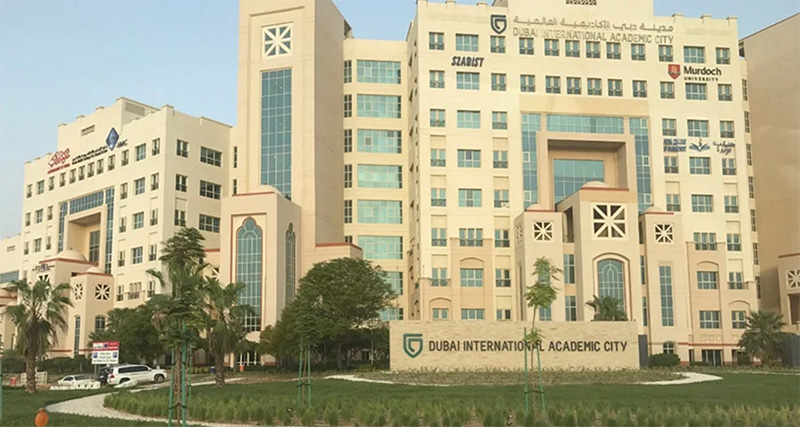
From Cluster to Global Hub
Academic City’s development advanced in phases. Armed with a robust infrastructure plan and state funding of about 200 million dirhams (roughly $54 million), the first construction phase created a campus footprint of some 129 million square feet (12 square kilometers) by 2012. Purpose built academic buildings, student housing, research centers, and technology incubators gradually filled the once empty desert. Early on, only a handful of academic partners operated in DIAC, but the roster quickly expanded as word spread and new facilities opened.
By its 10th anniversary in 2017, DIAC had entered a new stage of growth. Global institutions like Australia’s Curtin University and the Emirates Aviation University established permanent branches on site. The UAE’s Ministry of Higher Education approved hundreds of new degree programs within DIAC’s universities, including many focused on emerging technologies and innovation. These steps signaled that Dubai’s aspirations were no longer limited to a few branch campuses, the city was on its way to becoming a bona fide international education hub. New entrants were continually expected. In fact, observers even floated names such as the American University in Dubai and a branch of a London based college joining the campus, which would further strengthen Dubai’s academic portfolio and global reach.
Crucially, Academic City was designed not just to host universities, but to support students and faculty with a full ecosystem. Extensive dormitory complexes were built to house thousands of students, including modern residences like The Myriad (which alone provides 2,250 beds with international standard amenities) and KSK Homes. A “University Housing Network” links campus accommodations with nearby private apartment buildings to ensure affordable living options within a 15 minute radius, catering to different budgets. On campus, meanwhile, three specialized innovation centers, focusing on information technology, renewable energy, and hydroponic agriculture, were established with cutting edge laboratories and startup incubators. These centers work in tandem with the 27 colleges and universities and over 500 academic programs now present, shortening the path from senior projects and research to real world funding and commercialization. In doing so, DIAC has evolved beyond a traditional academic enclave into a vital node in Dubai’s innovation economy.
Today, just under two decades since its founding, Dubai International Academic City has firmly taken root. As of 2025, official figures show more than 27 universities and other higher education institutes operating in DIAC, serving approximately 27,500 students from over 150 different nationalities. Over 500 undergraduate and postgraduate programs are on offer, covering disciplines from engineering and economics to humanities, health, and technology. In a region where local students once looked abroad for university, Dubai has instead brought the world’s universities to its doorstep, and students of all backgrounds have followed.
Strategic Impact on Education and Economy
The rise of DIAC has had measurable impacts both in the UAE and beyond. Once Dubai built the capacity for quality higher education at home, international rankings responded. The World Economic Forum’s Global Competitiveness Report 2014-2015, for instance, ranked the UAE 6th worldwide in the higher education and training category, a leap attributed in part to the momentum Academic City and Knowledge Village created by attracting top caliber foreign universities and programs.
Independent analyses confirm that Dubai’s private higher education sector continues to boom in tandem with Academic City’s growth. A research study in 2024 noted that Dubai now hosts 57 international university campuses or major programmes, the majority clustered in its free zones such as DIAC and Knowledge Village. Local authorities, like Dubai’s Knowledge and Human Development Authority, project that by 2040 the number of students pursuing post-secondary education in the emirate could double compared to today. To meet this demand, officials anticipate the need for 10 to 15 additional foreign university branches over the next two decades. This educational influx is increasingly seen as a pillar of the national economy: the education sector forms a growing slice of the UAE’s GDP, and government policy strongly supports these knowledge ventures with sustained funding and pro investment regulations.
Academic City has also begun to shift local demographics and mindsets. Since degrees from Dubai’s free zone universities gained formal accreditation in the UAE, more Emirati citizens have opted to enroll in these local international campuses. In 2017, Emiratis made up over 30% of the student body in Dubai’s educational free zones, a significant share that reflects a state push to ensure local students can access global caliber education without leaving home. While detailed recent figures aren’t public, DIAC is believed to still operate near capacity, buoyed by the quality of its programs and partnerships. Its three innovation hubs continue to draw talent and spin off tech startups and research ventures, aided by competitive incentives that help retain top students and young researchers.
On a broader scale, Dubai International Academic City has become a model for transnational education in the Middle East. By 2014, the UAE hosted 35 international branch campuses, at the time the highest number for any country worldwide, until China surpassed it in 2015. The presence of well-regarded institutions validates the concept: Middlesex University from the UK, for example, opened in Dubai back in 2005 and now teaches over 6,300 students from 120+ nationalities on its Dubai campus. The University of Birmingham launched a Dubai campus in 2018 within DIAC, and in just a few years it has grown to nearly 2,900 students. In total, DIAC and its adjoining districts now house roughly 26-27 accredited universities. This steady expansion underscores the confidence global academia has in Dubai’s infrastructure and regulatory environment, and it cements the city’s status as the region’s leading higher education hub.
The economic dividends are increasingly apparent. Hosting a constellation of universities creates high skilled employment for hundreds of faculty members and researchers, both local and expatriate. It also attracts inflows of spending, tuition fees, research funding, and student living expenses that circulate through Dubai’s economy, from laboratories to cafeterias to real estate. Perhaps most importantly, by enhancing the quality of human capital, Academic City boosts the UAE’s long term competitiveness in innovation driven fields. A 2024 report by PwC highlighted that research output from the UAE (as measured by published scientific papers) grew by a factor of sixteen over the past two decades. This dramatic surge, the report noted, is partly due to the active academic ecosystem fostered by initiatives like Dubai’s Academic City, which encourage home grown research and innovation where little existed before.
A Glimpse of the Future
Dubai International Academic City is not resting on its laurels. Its administrators and government backers are already planning for the next frontier in education. One avenue is technology: integrating artificial intelligence tools and expanded e-learning platforms into the city’s educational system to keep pace with cutting edge teaching methods. Another focus is enlarging the tech startup incubators on site to draw more research-oriented companies into close partnership with the universities. The aim is to offer additional internships and practical training opportunities for students, and to ensure that academic research finds pathways to market.
Economists note that the success of these efforts will hinge on maintaining Academic City’s reputation for quality and preserving the open, cosmopolitan environment that draws talent to Dubai. This means upholding rigorous academic standards and the global outlook that have become DIAC’s hallmarks. Dubai’s broader development plans underscore these priorities: the Dubai 2040 Education Strategy explicitly emphasizes higher education, effectively placing Academic City at the heart of the emirate’s future.
In many ways, Dubai International Academic City stands as a symbol of the UAE’s synthesis of intellectual ambition and economic vision. It affirms that nurturing knowledge is as critical to a nation’s progress as building skyscrapers or airports, indeed, it may be the more sustainable path for the generations to come. As Sheikh Mohammed bin Rashid, ruler of Dubai, has described, education is a “primary driving force” of development; no matter how advanced technology and resources become, people remain the true engine of progress. From that perspective, Academic City is a contemporary testament to the UAE’s determination to make learning a continuous journey, one that propels the country toward a diversified, knowledge powered future.
